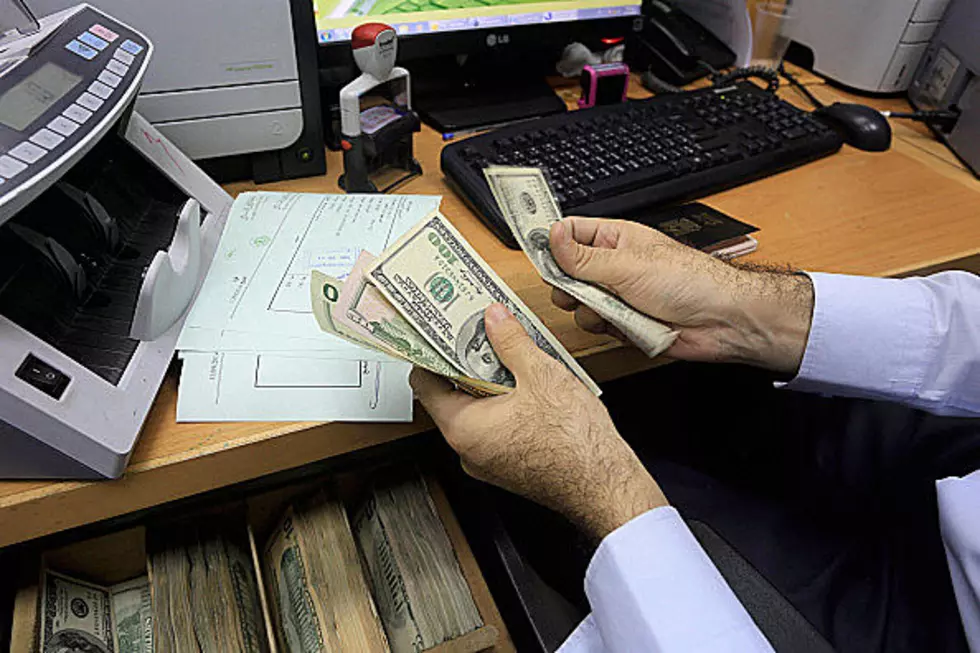
Customers Don’t Want To Be Sold; They Want You To Be An Assistant Buyer
We’ve all heard the old saying, “Nothing happens until someone sells something.” To many people that statement implies some form of coercion or manipulation. Making a customer buy something they probably don’t want or need.
A sales training tip I often recommend is … stop selling and help the customer buy. You are not adversaries sitting on opposite sides of the table like lawyers pleading a divorce case. Come around to the customer’s side of the table and become a co-buyer.
I don’t have to tell you that we are facing some tough economic challenges ahead in the next few months and you may need to change the ways you do business in certain areas. I want to talk about things you should do and things you should avoid to have a good selling season as well as how to keep your head above water in the coming months.
- Don’t panic – During tough economic times it’s a natural knee jerk reaction to go on the defensive. You put the whole place on sale and wonder why your bottom line is still suffering.
You are working twice as hard to earn half as much. If you operate on a gross margin of 30% and have a 20% off sale you have to sell twice as much to make the same money if you never had the sale. Be aggressive. Set goals and share them with your salespeople so everyone is on the same page. If you have a clearly defined goal that everyone is working at it’s much more likely to happen. - Define your best customers – In tough times we often try to be all things to all people because we need as many customers as possible. This is flawed thinking. You don’t need more customers you need more of the right customers.
Save money on your advertising by being in the right place, with the right message to the right people. Know your customers hot buttons and push them. Don’t waste time and money talking to people who are not going to buy from you. - Don’t cut prices – I know it’s tempting when your competition is doing it and customers are expecting everything to be on sale. There is a difference between a sale and a value. Very few people buy something simply because it’s on sale. There has to be some need for the product or service that makes the sale a value.
I advise retailers to put products in packages. It’s more of a value to the customer, you can reduce the price less and make more than profit than an individual sale, and if you feel you must have discounts, it’s harder for your competition to keep up with what you are doing. - Make shopping a pleasant experience – Our lives are hectic enough without customers being hassled in stores with policies and procedures that are usually for the stores benefit rather than the customers.
Help customers buy. Streamline checkouts, widen traffic areas, eliminate bottlenecks, and pay attention to displays, signage and pricing. Nothing is more frustrating to shoppers than wanting to purchase something but not able to find out how much it is. - High profile management – Managers and owners need to be accessible to staff and customers for quick decisions. Managers should not be running the cash register or in the back room going over reports and paperwork. If there are customer problems or concerns they need to be addressed promptly.
- It’s a whole new ballgame – I wish I had a crystal ball to tell you what to expect in the coming year but I think I can safely predict that it won’t be business as usual. As Robert Allen Zimmerman (aka Bob Dylan) wrote, “The times, they are a changin’.”
I don’t mean that you need to change your business model. I'm not asking McDonald's to stop selling the Big Mac. But in the coming months you are going to have to do everything better and more efficiently.
Everything from customer service to advertising to product knowledge and service must be as good as it can possibly be. If you haven’t been a student of your business or industry, now is the time to start.
Some Final Thoughts
In the coming months customers are going to be more frugal and selective in their purchases. They are going to be insecure about their employment, housing, benefits, etc. They will continue to buy, but the trick is to give them a valid reason to buy from you. Show them a value and help them buy and any recession will be the other guys problem.
More From KMMS-KPRK 1450 AM









